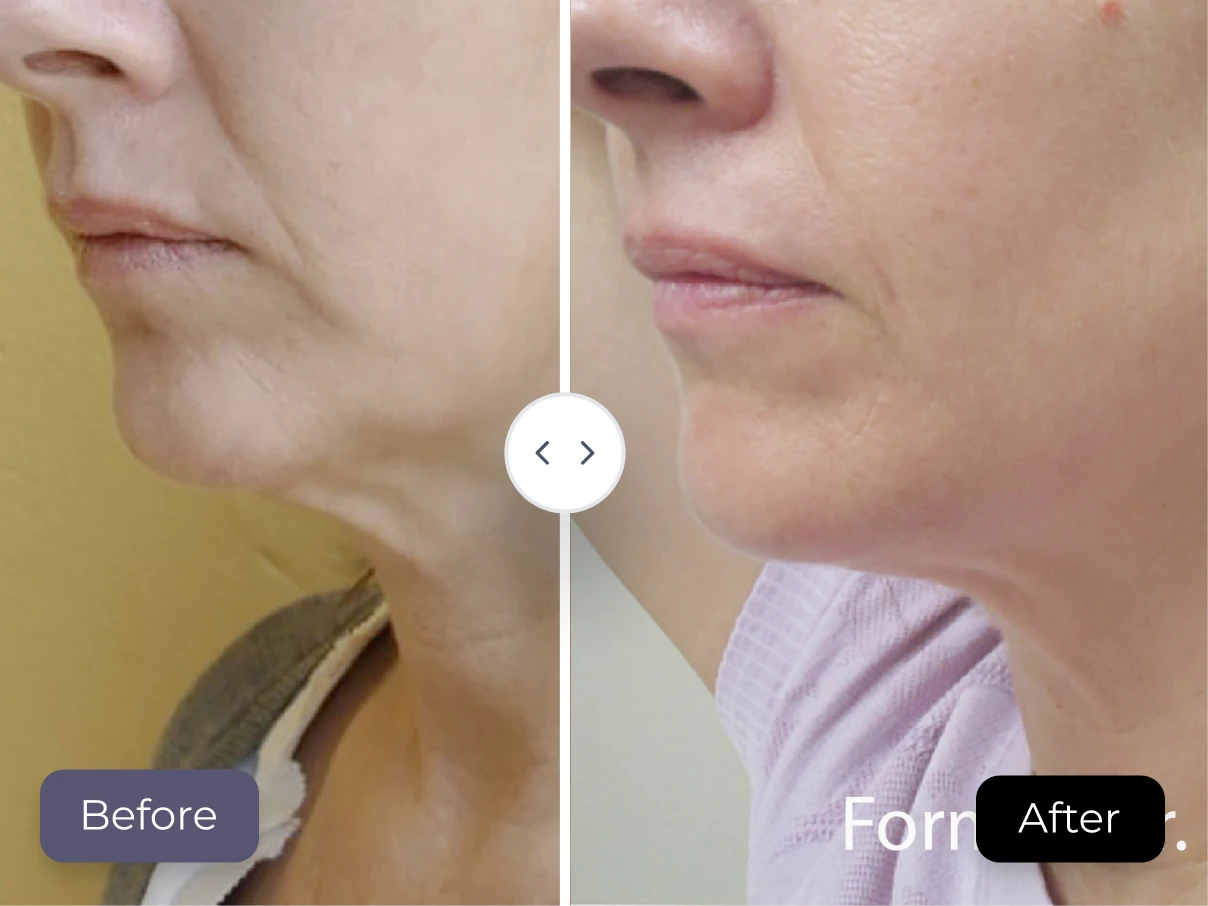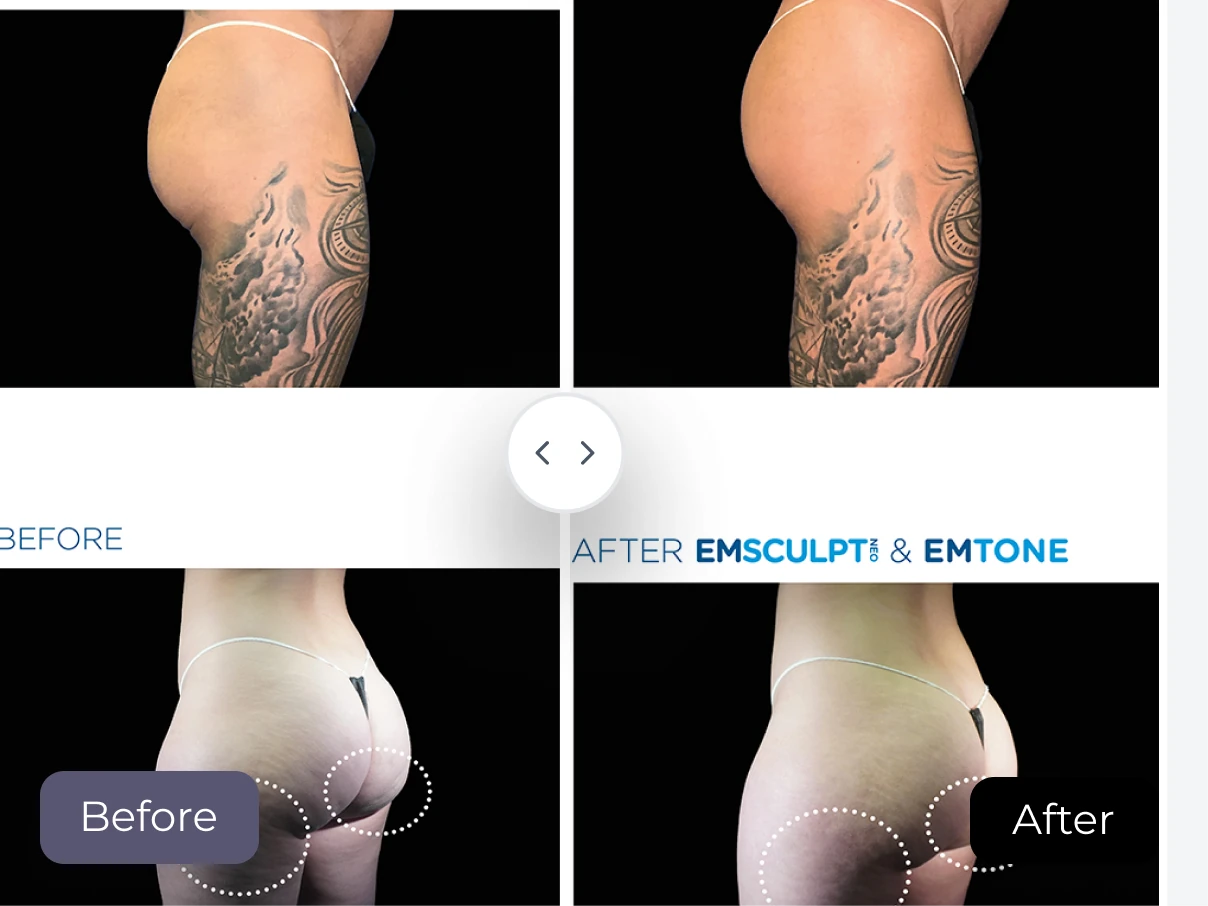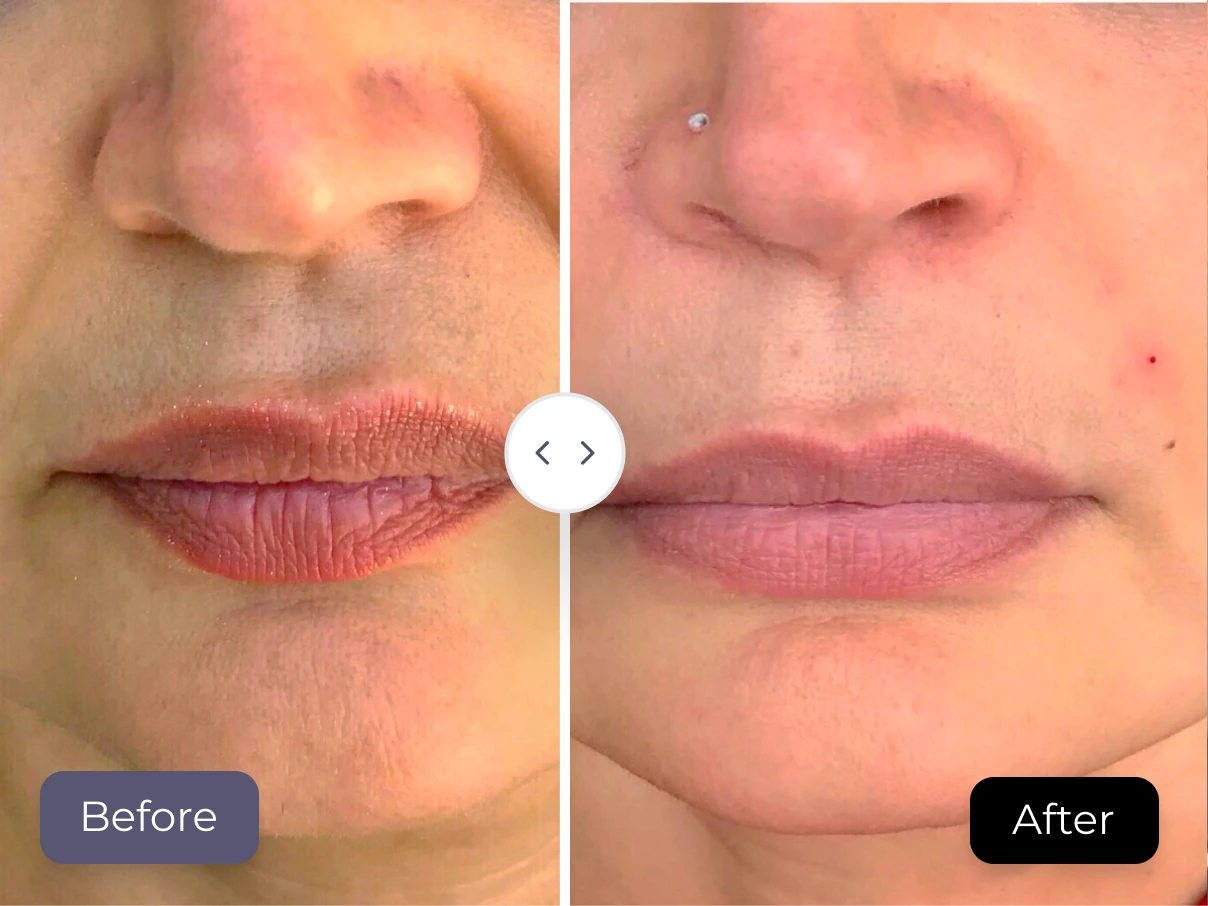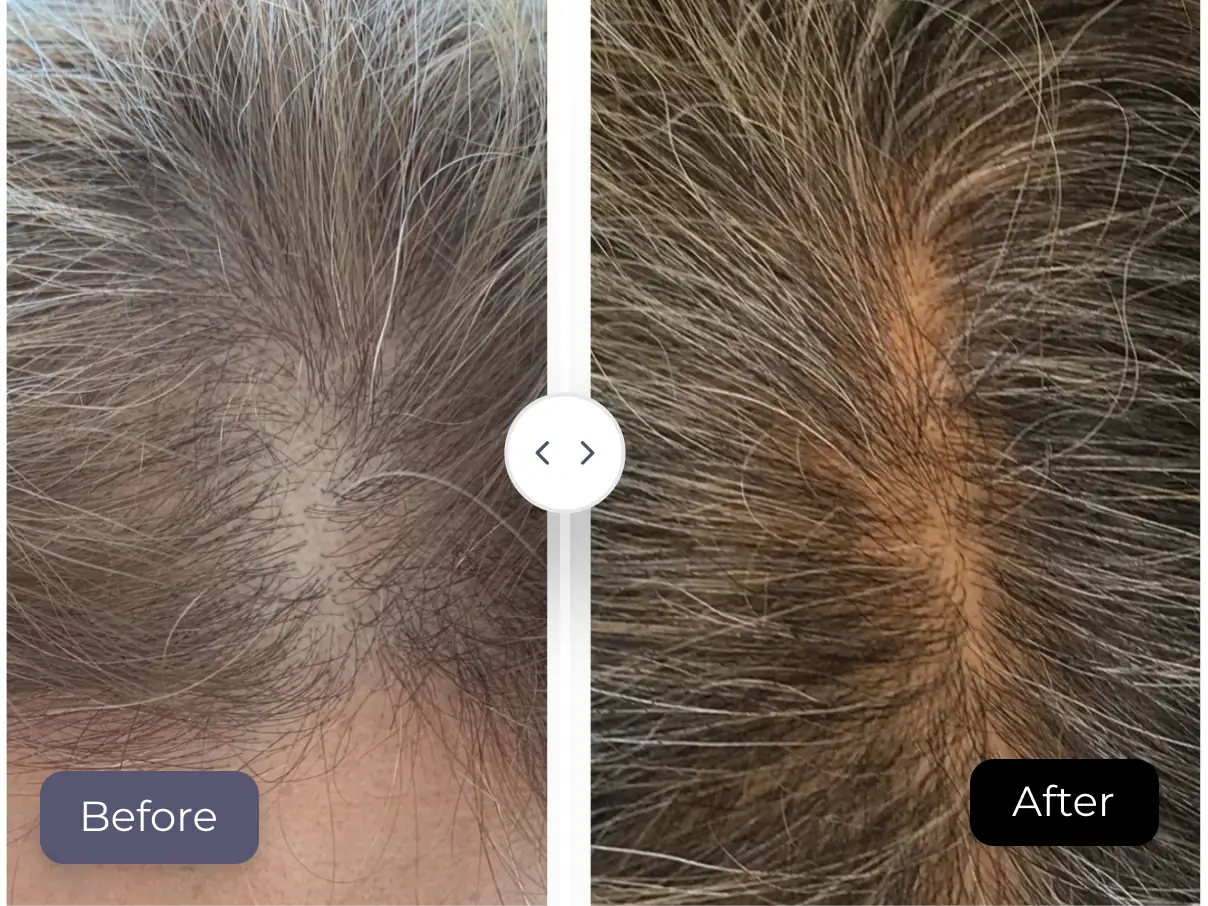Hair loss is a challenging side effect of chemotherapy that impacts both appearance and self-esteem. Recovery can feel overwhelming, but there are proven strategies to support hair regrowth.
By incorporating the right nutrients and exploring targeted therapies, you can encourage your hair to grow back stronger.
At Celebrity Laser Care, we understand the emotional and physical challenges of hair loss. We’re here to help restore your confidence with advanced treatments, a skilled team, and a supportive environment.
Below are essential tips for stimulating hair growth after chemotherapy.
How to Stimulate Hair Growth After Chemo
While it’s impossible to completely stop hair loss from chemotherapy, there are steps you can take to encourage regrowth.
Though hair loss is a natural part of the process, there are various treatments and strategies you can try to promote faster, healthier hair growth after chemo.

Treatments
While treatments like Rogaine (minoxidil) may help speed up hair regrowth, more research is needed to determine their effectiveness after chemotherapy. It’s very rare for hair not to regrow after treatment, as most people see hair growth again, even after chemotherapy.
Hair usually fails to regrow only after very high doses of specific medications.
To explore hair regrowth options, talk to your healthcare provider about treatments such as anti-anxiety medications, antidepressants, iron or zinc supplements, and thyroid hormones.
Remember, supplements like iron and zinc should be used with caution. Their effects can vary depending on the dosage, frequency, and interactions with other medications. Always consult with a healthcare provider or pharmacist before starting any new supplement.
Diet
Your diet plays a crucial role in your recovery and can support healthy hair growth and restoration after chemotherapy. Hair typically begins to grow back within six months to a year, but eating the right foods can help speed up this process.
The best foods for promoting hair growth after chemotherapy include:
- Eggs
- Seafood and oily fish
- Leafy greens, Brussels sprouts, broccoli, and peppers
- Fruits such as oranges, grapefruit, berries, bananas, and kiwis
- Red meat
- Whole grains like cereal, beans, and pulses
- Nuts and seeds
Animal products and seafood are rich in iron, which is essential for hair regrowth. If you follow a plant-based diet, try incorporating iron-rich foods like fortified cereals, dried fruit, and pulses.
Be mindful that polyphenols in tea and coffee can reduce iron absorption. It’s best to wait at least an hour after eating before drinking tea or coffee, especially if you have low iron levels.
Hair loss can be a common result of iron deficiency or anemia. To help your body absorb iron better, include Vitamin C-rich foods in your diet. Adding lemon or lime to your water is an easy way to increase your Vitamin C intake.
Protein is essential for tissue repair and supports healthy hair regrowth. Be sure to include a lean protein source in each meal, such as eggs, fish, dairy, pulses, or meat. Cancer treatments may alter your diet, so focus on incorporating a variety of proteins as your appetite improves.
Hydration is just as important. Aim to drink at least two liters of fluid a day to support your recovery. Keeping your skin hydrated will help protect your hair as it grows. If plain water feels difficult to drink, try adding cordials, fresh fruit slices, or fruit teas for a refreshing alternative.
Vitamins
Biotin (Vitamin B7) is often linked to healthy hair, skin, and nails. However, there is limited evidence to suggest that Biotin supplements specifically help hair regrowth after chemotherapy. Biotin deficiency is rare since it’s found in many foods, including whole-grain cereals, seafood, eggs, and dark green leafy vegetables.
Vitamin A plays a vital role in maintaining healthy skin by promoting sebum production, an oily substance that moisturizes the scalp and helps protect hair follicles. However, too much Vitamin A can lead to hair loss, so it’s best to get it from food sources like dairy products, eggs, oily fish, and liver. Since the liver is high in Vitamin A, it’s advisable to limit it to once a week, and avoid it entirely during pregnancy.
Vitamin C is a powerful antioxidant that helps protect cells from free radical damage. It can support hair regrowth by improving scalp health. You can find Vitamin C in fruits and vegetables like oranges, strawberries, peppers, potatoes, and Brussels sprouts. Adding these foods to your diet can increase your Vitamin C intake, promoting healthy hair growth after chemotherapy.
Healthy Hair Habits
Keeping your hair and scalp clean is essential for strong, healthy hair. Here are some simple hair care tips to help you during your recovery after chemotherapy:
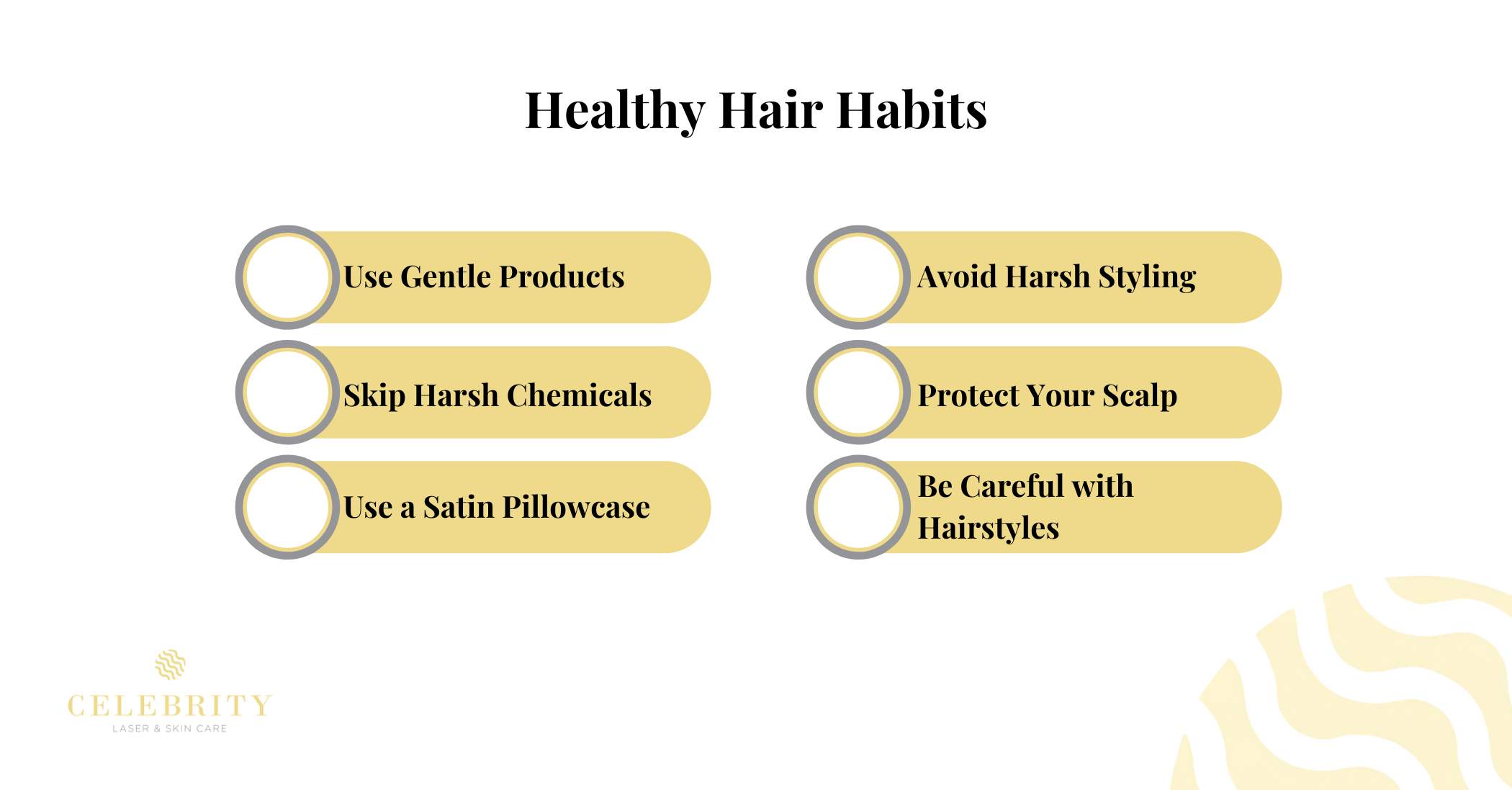
Use Gentle Products
Choose mild shampoos and conditioners. After chemo, consider using a hair growth shampoo with saw palmetto, which promotes hair growth while being gentle on your scalp.
Avoid Harsh Styling
Avoid drying your hair roughly or brushing it too much. Skip high-heat tools like hair dryers and flat irons, as they can damage fragile hair.
Skip Harsh Chemicals
Until your hair regains strength, avoid hair dye, perms, and straightening treatments. Give your hair time to recover naturally.
Protect Your Scalp
Shield your scalp from the sun by using sunscreen or wearing hats and headscarves when outdoors.
Use a Satin Pillowcase
Coarse fabrics can cause hair breakage while you sleep. A smooth satin or silk pillowcase helps reduce this damage.
Be Careful with Hairstyles
As your hair grows back, it may be thinner and more prone to breakage. Avoid tight hairstyles like ponytails or braids until your hair is strong enough.
Scalp-Cooling Caps
Scalp-cooling caps work by lowering the temperature of the scalp, narrowing blood vessels, and reducing the amount of chemotherapy medication that reaches the scalp. This helps protect hair follicles and may reduce hair loss during treatment.
A study on breast cancer patients found that scalp-cooling caps can help prevent hair loss and promote faster regrowth. While scalp cooling doesn’t work for everyone, it is generally considered a low-risk option.
Your treatment team can guide you on how to use a scalp-cooling cap. Depending on your hair type, they may have specific advice to improve its effectiveness, particularly for patients with tightly coiled hair.
Conclusion
Regrowing hair after chemotherapy is a journey that requires patience, self-care, and the right support. By nourishing your scalp, maintaining a healthy lifestyle, and exploring professional treatments, you can promote hair growth and regain your confidence.
At Celebrity Laser Care, we’re here to support you every step of the way with personalized solutions and advanced treatments. Book a consultation today and take the first step towards embracing your recovery with renewed confidence.


